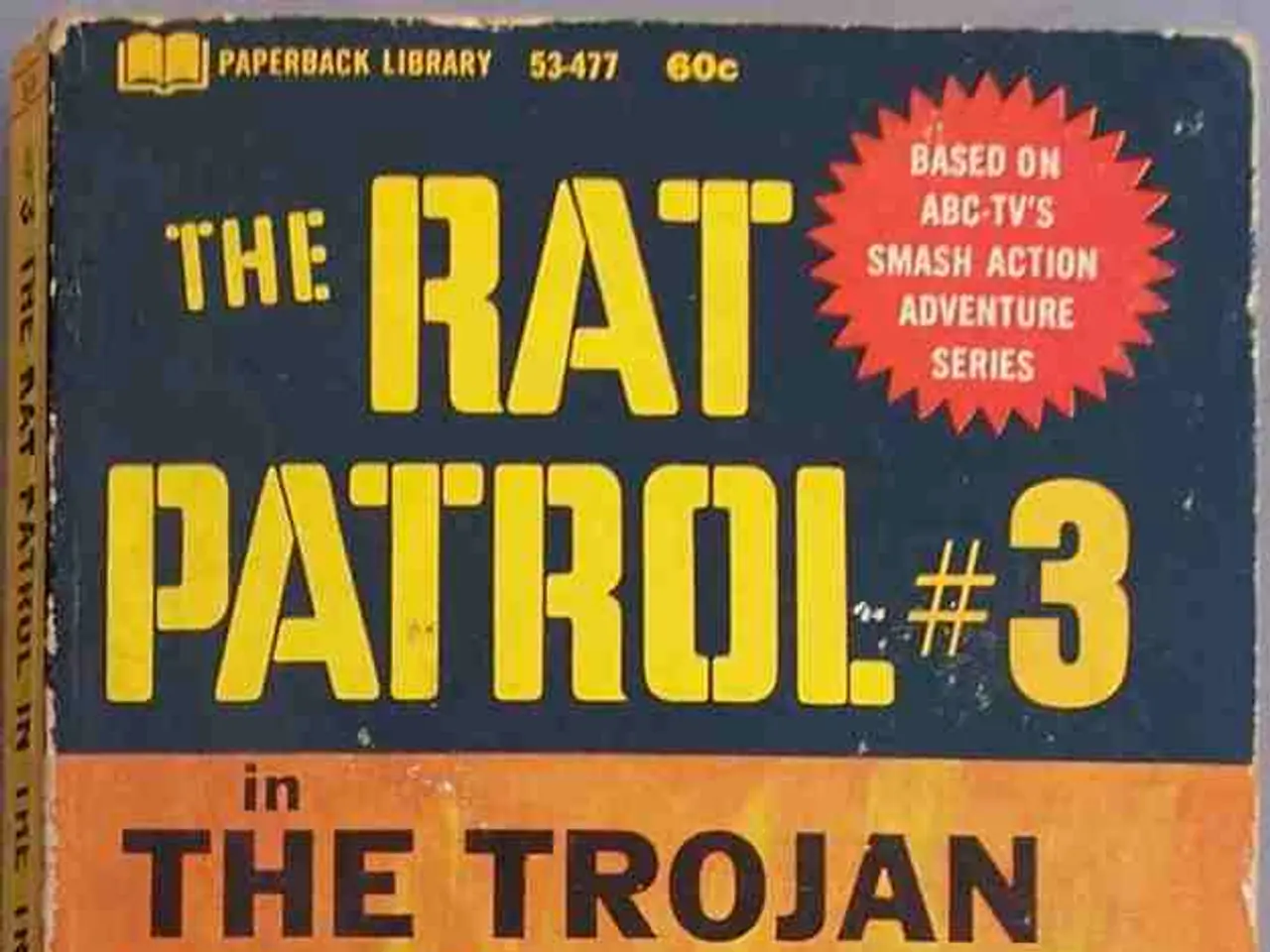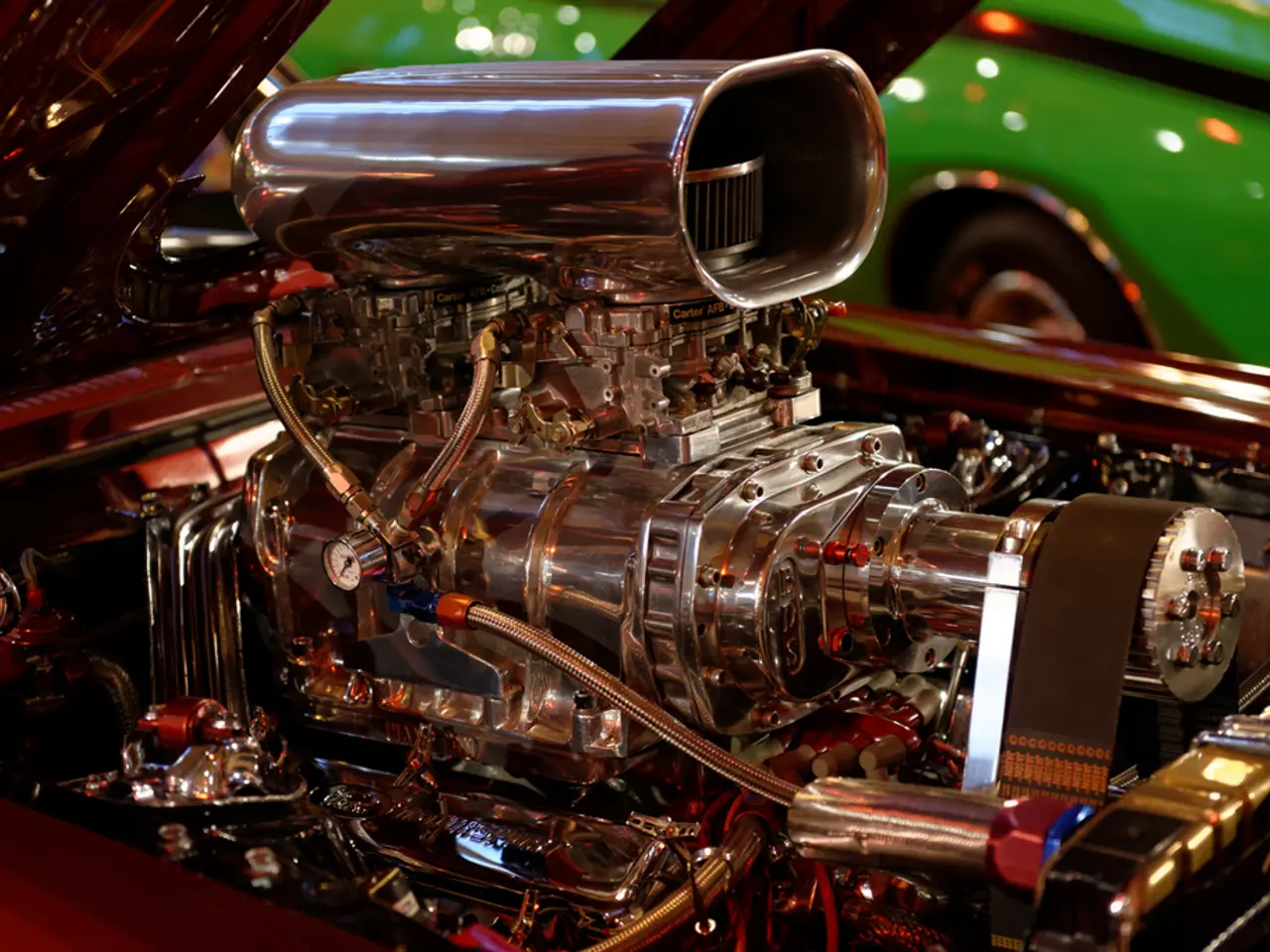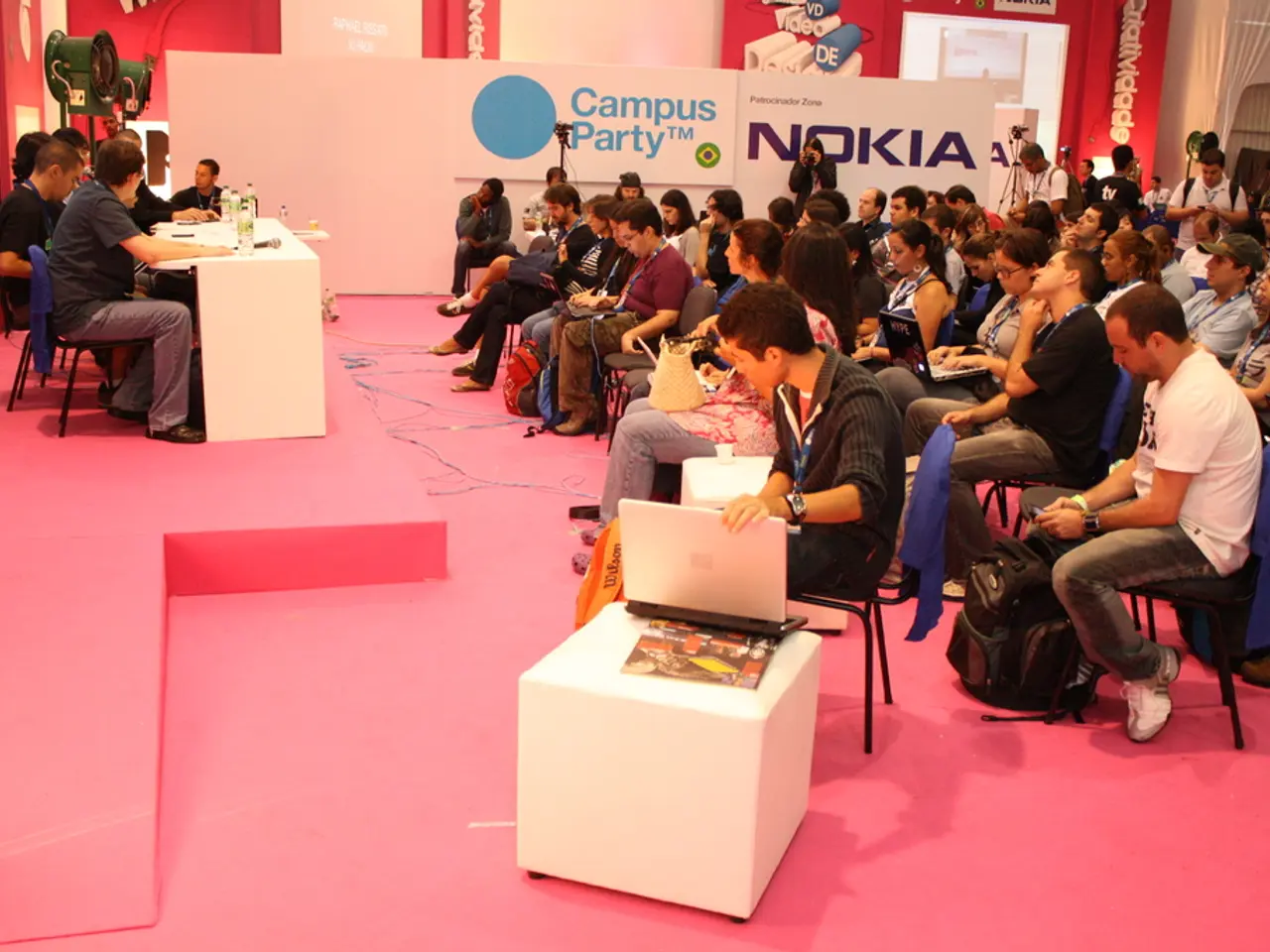Rush of Bill Gates and Jeff Bezos' company towards the Manono lithium mine in Congo
In a significant development, Kobold Metals, a mining startup backed by American billionaires Jeff Bezos and Bill Gates, has signed a landmark agreement with the Democratic Republic of Congo (DRC) government to acquire and develop the contested Manono lithium deposit. This agreement, confirmed around mid-July 2025, designates Kobold as Congo’s preferred partner to resolve the long-running legal dispute and advance the development of the significant lithium resource at Manono [1][3][4].
The deal officially replaces the prior contentious situation where the Australian company AVZ Minerals held rights but had its permit revoked by the Congolese government in 2023 due to “insufficient progress.” The rights were then reassigned to Chinese firm Zijin Mining, which sparked a bitter legal fight and international arbitration claims from AVZ. However, AVZ Minerals has publicly criticized the new Kobold-DRC agreement as violating an arbitration ruling, indicating ongoing legal tensions around the project [1][2].
Kobold Metals, with its focus on using artificial intelligence technology for mineral exploration, positions itself as a modern and strategic partner for Congo. The agreement includes Congo’s commitment to facilitate Kobold’s acquisition of the Roche Dure lithium deposit, which is within the larger Manono site, and to support the resolution of disputes delaying the project [1][4].
This development is strategically aligned with US interests. It follows a peace accord brokered by former President Donald Trump aimed to halt fighting in the mineral-rich eastern Congo and encourage Western investment. The Kobold-DRC deal supports the US Lobito corridor initiative, which seeks to establish secure supply chains for critical minerals like lithium and reduce Chinese dominance in this sector [1][2][4].
The agreement could significantly increase American investment in Congo’s lithium sector, which is critical for electric vehicle battery production and renewable energy technologies. By establishing Kobold as a key player in Congo’s lithium sector, the agreement may boost US efforts to diversify and secure supply chains for critical minerals, potentially increasing American investment in Congo’s mining industry and energy transition technologies [1][3][4].
However, the commercial dispute in the Manono deposit remains a major hurdle for the progress of the Kobold Metals project. The ongoing legal challenges, particularly AVZ Minerals’ disputes over the legality of the new agreement, could potentially impact the timeline and success of the project [1][2].
In summary:
- Kobold Metals signed a key agreement with DRC government to acquire and develop Manono lithium deposit in July 2025.
- The deal seeks to resolve legal disputes previously involving AVZ Minerals and Zijin Mining.
- AVZ Minerals disputes the legality of this new agreement, citing arbitration rulings.
- The partnership aligns with US strategic interests to secure critical minerals and reduce Chinese influence.
- It could significantly increase American investment in Congo’s lithium sector and impact global EV battery supply chains.
This situation remains fluid given the ongoing legal challenges, but Kobold’s agreement with the DRC government marks a pivotal moment in the contested ownership and development of Manono’s lithium resources [1][2][3][4].
[1] Reuters. (2025, July 17). Kobold Metals signs deal with Congo to develop Manono lithium deposit. Retrieved from https://www.reuters.com/business/mining-and-metals/kobold-metals-signs-deal-with-congo-to-develop-manono-lithium-deposit-2025-07-17/
[2] Bloomberg. (2025, July 17). Kobold Metals Replaces AVZ as Congo Lithium Partner in $3.7 Billion Deal. Retrieved from https://www.bloomberg.com/news/articles/2025-07-17/kobold-metals-replaces-avz-as-congo-lithium-partner-in-3-7-billion-deal
[3] Financial Times. (2025, July 17). Kobold Metals signs deal with Congo to develop Manono lithium deposit. Retrieved from https://www.ft.com/content/d3027410-f15c-454e-8671-67c75f81f99a
[4] Wall Street Journal. (2025, July 17). Kobold Metals Signs Deal to Develop Contested Lithium Deposit in Congo. Retrieved from https://www.wsj.com/articles/kobold-metals-signs-deal-to-develop-contested-lithium-deposit-in-congo-11626595600
- The agreement between Kobold Metals and the Democratic Republic of Congo (DRC) government adds a notable entry in the realm of technology and industry, as Kobold leverages artificial intelligence for mineral exploration and aims to develop the Manono lithium deposit.
- This development, financially significant for both parties, could potentially shift the political dynamics of the energy sector, given the US's interests in securing critical minerals like lithium to support electric vehicle battery production and renewable energy technologies.
- The ongoing legal dispute between AVZ Minerals and Kobold Metals, fueled by AVZ's claim that the new agreement is in violation of arbitration rulings, indicates a complex interplay between finance, technology, politics, and general news related to the Manono lithium deposit.




